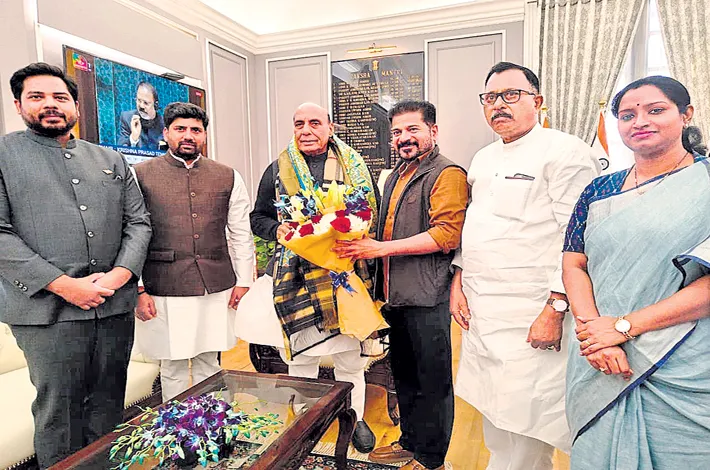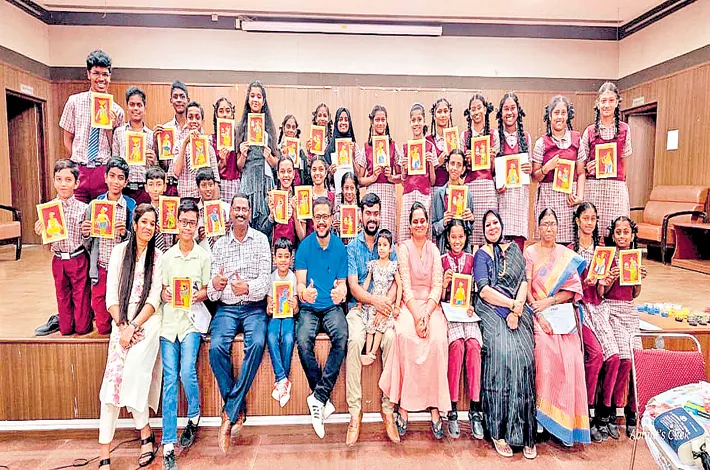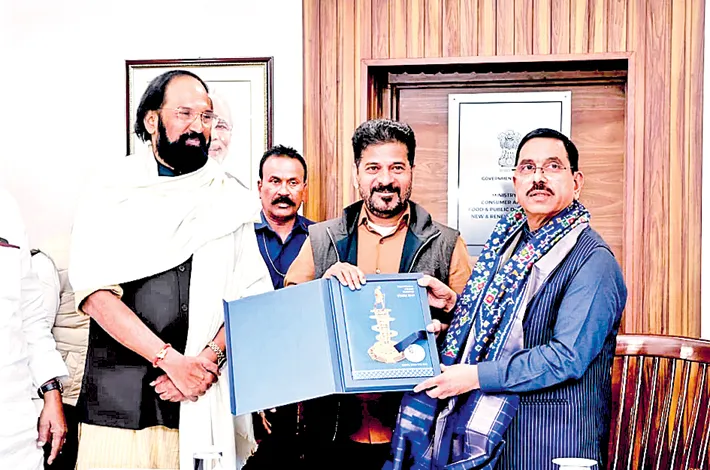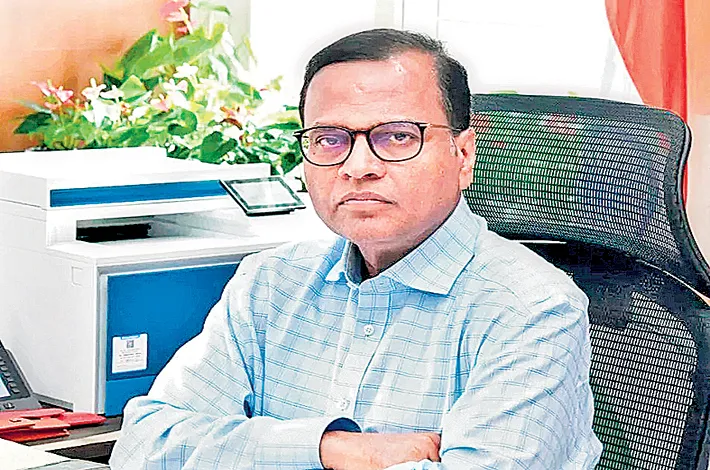BC Reservation battle intensifies in High Court
09-10-2025 12:00:00 AM
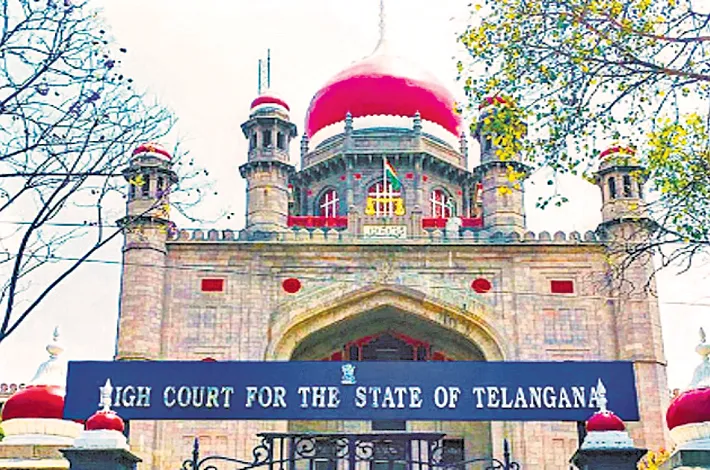
The Telangana High Court, under Chief Justice A.K. Singh, conducted an intense hearing on Wednesday on Backward Classes (BC) reservations, focusing on Government Order (GO) No. 9. This order seeks to enhance BC quotas beyond the 50% cap in local bodies and state assemblies,
based on a dedicated BC Commission's report and caste census data. The case also scrutinizes the Governor's six-month delay in approving related bills under Article 200, amid broader critiques of gubernatorial overreach stifling elected mandates.
Proceedings began with petitioners' counsel, Sudarshan Dharmasanam, arguing uneven sub-categorization within BC quotas. Chief Justice Singh, visibly frustrated, rebuked him sharply: "This is not the final hearing... Do not raise all issues... Do not test our patience... Do not waste our time by repeating the same point for hours."
Senior advocate Abhishek Manu Singhvi, representing the government, countered by requesting a full hearing before any ruling on GO No. 9 and promising a detailed counter-affidavit. He lambasted Governors for indefinite bill delays—citing a five-year Tamil Nadu pendency—arguing such inaction paralyzes governance and thwarts public welfare. Singhvi invoked Supreme Court precedents like K. Krishnamurthy vs. Union of India and Sahni vs. Union of India, alongside Punjab rulings, affirming state assemblies' exclusive authority under Articles 243D and 243T for reservations in local bodies, free from external interference.
The session drew high political attention, with BC ministers Konda Surekha, Ponnam Prabhakar, Vakiti Srihari, Government Whip Adi Srinivas, MLA Eeralpalli Shankar, TPCC Chief, and MLC Mahesh Kumar Goud present in court premises, underscoring the government's priority for this issue. Post-hearing, these leaders convened with Advocate General Sudarshan Reddy to strategize on Thursday's arguments, emphasizing cross-party legislative support for the 42% quota.
Petitioners sought a stay on nominations under GO No. 9, but the court denied it, deeming the move premature. Singhvi reiterated the bill's bipartisan passage and empirical basis for exceeding 50%, warning that delays undermine constitutional equity. The hearing adjourned after initial submissions, rescheduled for October 9 at 2:15 PM, allowing further government rebuttals.





